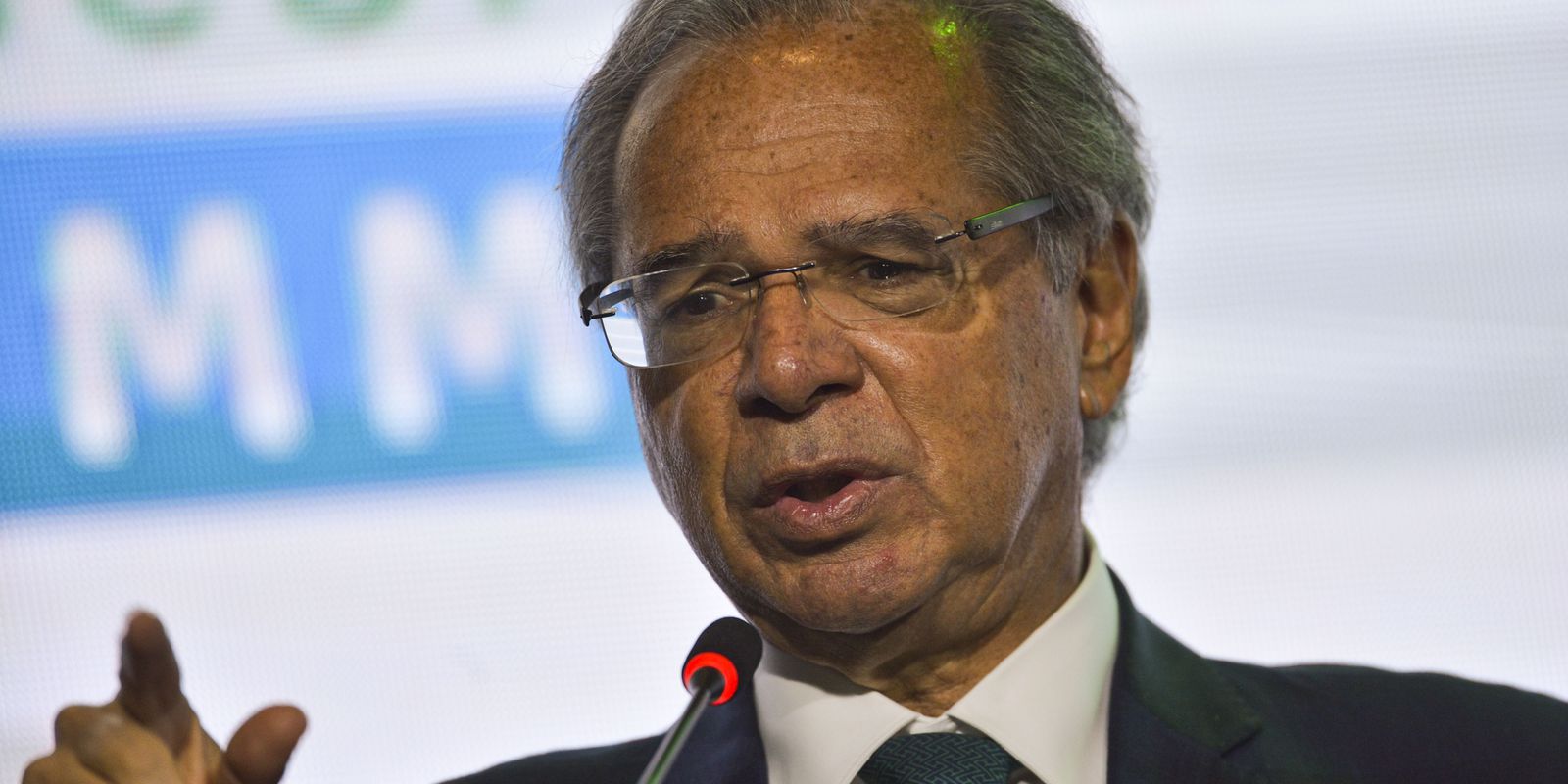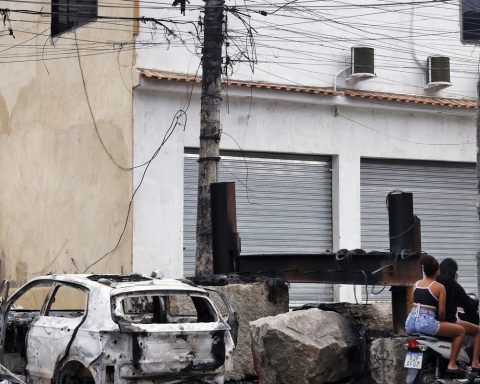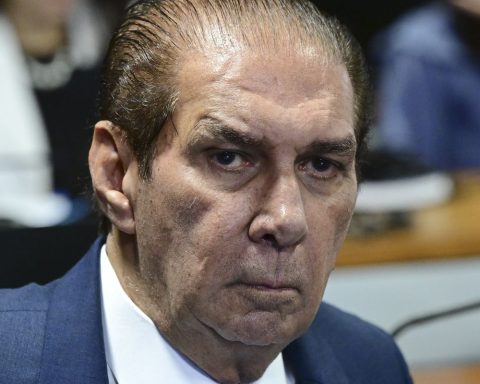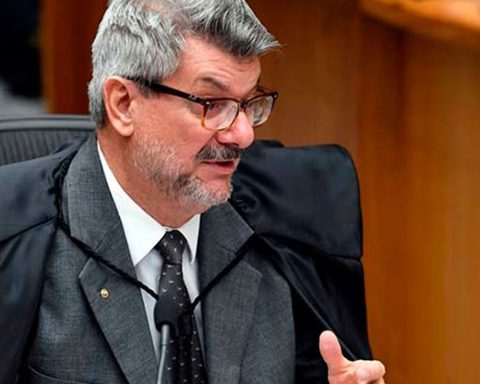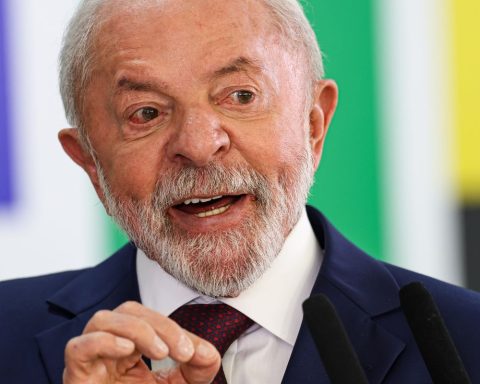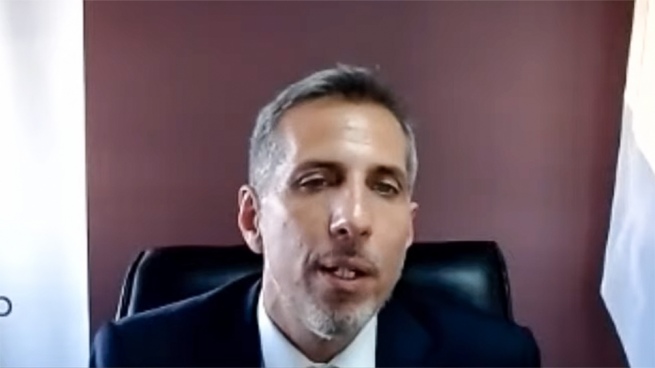The Minister of Economy, Paulo Guedes, once again defended the end of the Tax on Industrialized Products (IPI). Invited to give a lecture organized by the Middle Class Association (Aclame), in Porto Alegre, Guedes said that the collection of the tax discourages productive investments, contributing to the “de-industrialization” of the country.
“We have to zero the IPI”, declared the minister after highlighting that the federal government has already managed to reduce by up to 35% the value of the tax levied on most products manufactured in the country, with the exception of part of those manufactured in the Manaus Free Trade Zone.
“It’s a good start. And so we follow and see what will happen up front. [Cortando] plus 35%, only 30% to go [para o zerarmos]. And then, yes, it is possible to lower the Mercosur tariff and others”, added the minister, assuring that the federal government’s intention is to lower taxes in a “very gradual” way.
Guedes also associated the creation of the extinct Ministry of Planning with the slowdown in economic growth previously registered. Created in 1962 to coordinate economic policy, the ministry was expanded in 1964, undergoing several changes in status and attributions until, in 1999, the Ministry of Planning, Budget and Management was created. Upon taking office, the President of the Republic, Jair Bolsonaro, extinguished the ministry, transferring its attributions to the Ministry of Economy, commanded by Guedes.
“Brazil was once the most dynamic economy in the world, growing at an average of 7.3% over two, three decades […] We brought people from all over the world, we grew quickly, and we didn’t have a Ministry of Planning. When we created it, we started to go down”, said the minister when referring to what he classified as the “dismantling of the Brazilian economy” and criticizing “central planning”.
“We reject the statist-leaderist model”, added Guedes to justify his criticism. “The Minister of Planning who plans to plan the future of Brazil is a fake. Nobody has this knowledge. Democracy is a decentralized political decision algorithm. And markets are decentralized economic decision algorithms. In other words, those who know the future of semiconductors are the people who are producing them. They are better able to plan for the future than we are. All we can do is offer a good business environment and attractive conditions”, commented the minister before admitting that he had not been able to accomplish everything he intended to do at the head of the Ministry of Economy.
“When we arrived, our diagnosis was the following: we have to control expenses and reverse the model [estatista]. In the first year, we carried out the Pension Reform, but we were not able to do what we wanted. We did 60% of what we wanted. Because we wanted a capitalization regime”, added Guedes.
